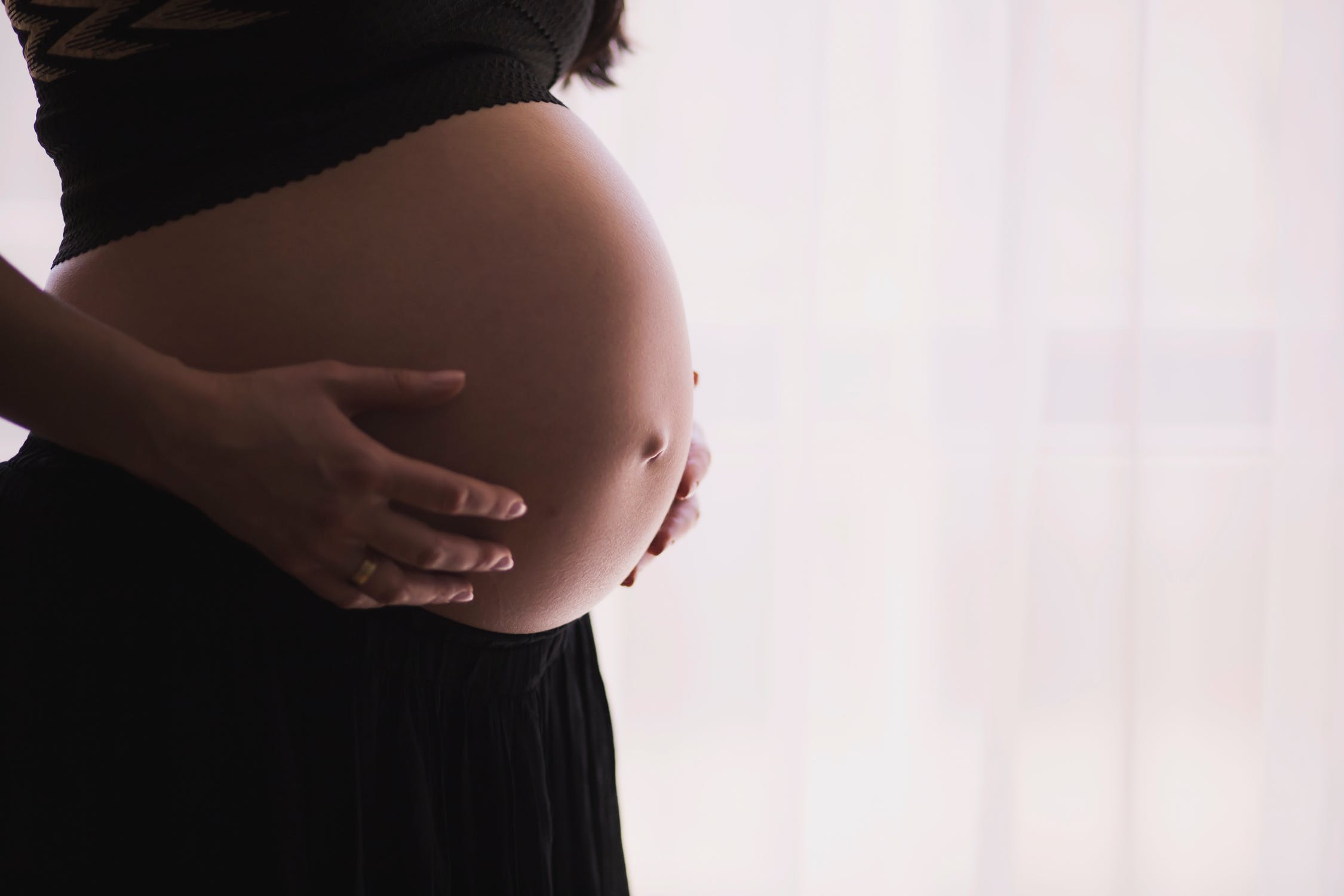
Not everyone who gets pregnant develops varicose veins, but many do. If you find yourself with this condition, you are not the only one. Pregnancy can have a large impact on the development of varicose veins. If anyone in your family battled varicose veins during pregnancy, you might too.
This condition is usually harmless but may cause pain, itchiness, or general discomfort. If you are dealing with symptoms of varicose veins, you have options, and we can help. Our team at Artemis Vein Center can inform you of natural, safe ways to manage the discomfort associated with varicose veins while pregnant.
The pregnant body goes through a lot of changes over roughly 40 weeks. Some of these changes weaken the veins while putting added pressure on them. There are three main occurrences during pregnancy that can lead to the development of varicose veins.
If you have more questions about how pregnancy makes you more likely to develop vein disease, reach out to our team.
Surgical or minimally invasive varicose vein treatments are generally not necessary during pregnancy. There are several basic ways to inhibit the development of this condition or reduce the impact of symptoms once it occurs.
Exercise gets the blood flowing and improves circulation. Activities that involve leg muscles will assist in pushing pooled blood back up into circulation and reduce pressure placed on the lower veins. You should consult our board-certified physician, Dr. Pinsinski, to develop a safe exercise plan to meet their needs.
Compression stockings support the veins by applying gentle force to the legs and counteracting the increased pressure caused by excess blood pooling in the lower limbs. Patients can purchase compression stockings over the counter or receive medical-grade ones via a prescription.
Keep your legs up. Use gravity to help blood make its way back into circulation. If possible, you should elevate your legs throughout the day, ideally, above your heart. You can easily do this by propping your legs up with pillows, especially while sleeping.
Weight gain is an unavoidable part of a healthy pregnancy. However, too much weight gain can put added pressure on your veins. Ensuring proper weight gain will reduce your chances of developing varicose veins.
Time is often the best cure for varicose veins. Your condition will likely improve and even go away within a few months after the baby is born. If your varicose veins persist after pregnancy, you should consult a physician with significant experience in vein treatments.
For some, the impact of varicose veins during pregnancy becomes too challenging to manage through self-care. Developing an effective treatment plan with the help of a trained physician can improve your symptoms and quality of life.
Pregnancy can put a lot of stress on your body. From hormone fluctuations to added weight gain, you will experience significant physical and emotional changes. You may even develop varicose veins.
Call Artemis Vein Center today to learn about the effect of pregnancy on varicose vein development. We are here to support you throughout your pregnancy and the postpartum period.